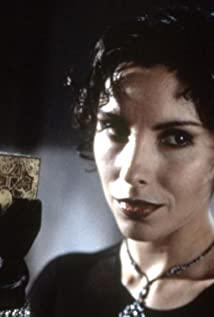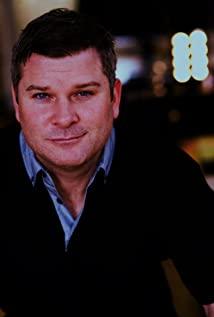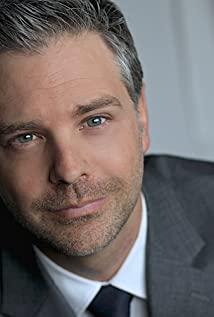After watching a movie, most people always ask: "When my appearance changes, can you still see me and recognize me in the crowd?" But the relationship between people is two-way. While you are watching you, you are also looking at me, and the opposite question is, "If I can’t recognize you in the crowd, would you still love me?" Just like the heroine’s ex-boyfriend in the movie, Like the police, when the hostess can’t recognize them, they will be hit hard—the ex-boyfriend broke up with his girlfriend in the bar. He couldn’t bear this kind of life; when the police heard the hostess’s confession, they said, no, you don’t love me. , I'm just another face in the crowd... Maybe this is the weakness of human nature, we always need to confirm the particularity of ourselves.
For "face-blind" people, life is difficult, and being loved is even more difficult. They are susceptible to complaints and accusations, when they occasionally accidentally fail to recognize you. Of course, after training, they can memorize people's various non-facial features, so that their lives are no different from ordinary people. But there are always unexpected times, even the psychologist in the film, when people do not speak to her, she cannot read the lips. It is not her fault that the heroine suffers from facial blindness, nor can she change it. Regarding her emotional turn in the film (from ex-boyfriend to policeman, then from policeman to daughter), in my opinion, it is a process of searching for love, which is understandable. It's a pity that when the two male protagonists knew that the female lead couldn't recognize themselves, they couldn't say a single sentence, "It's okay, I can recognize you." We don't want to admit that we are not much different from the tens of thousands of people in the world, and we are not very special. But this movie tells us that the biggest difference between me and others is that I love you.
View more about Faces in the Crowd reviews











